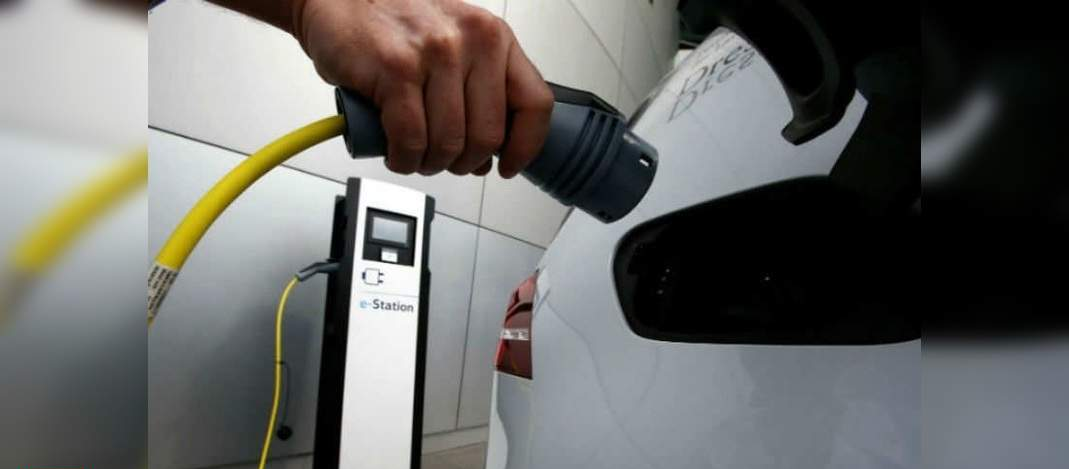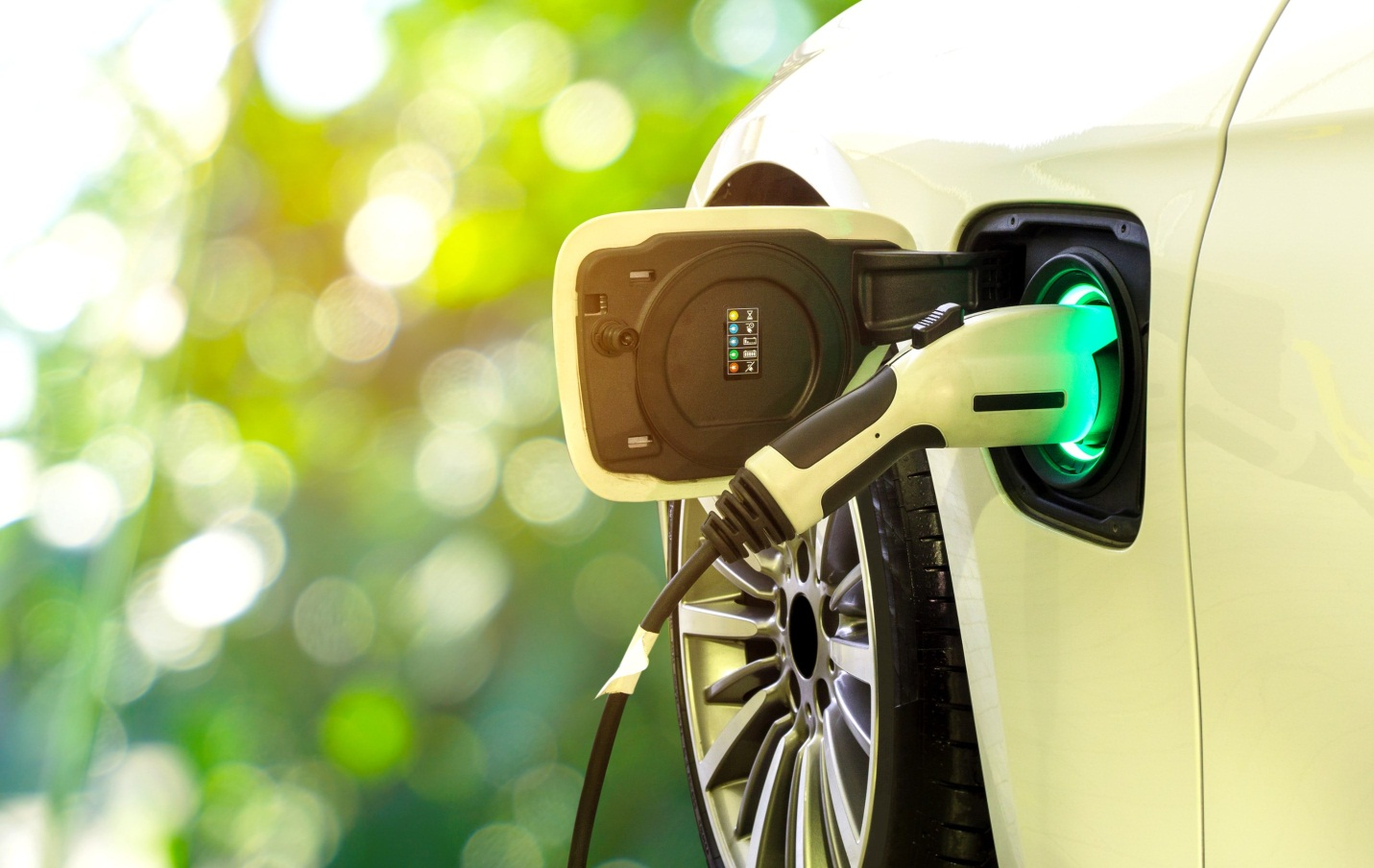How to find the best electric car charging stations near you?
1. How does an electric vehicle work?
As on internal combustion vehicles, the heart of electric cars is the engine, with the difference that this is powered by the current stored in the battery. The battery or accumulator is in fact the equivalent of the tank of traditional cars.
It needs to recharge from electric car charging stations regularly. Its capacity determines the autonomy of the electric car.

In summary, the motor transforms the electrical energy present in the battery into mechanical energy.
2. What is the range of an electric car?
Depending on consumption (kWh / 100 km) and battery capacity, electric vehicles have varying ranges between 100 and 600 km. The question arises: is it a lot or a little? Let’s assume we travel 10 000 km per year: per week it is about 192 km.
Today’s electric cars are therefore perfect for everyday life, for going to work or shopping: the fear of being left on foot therefore has no basis.
What about longer distances instead?
There is good news: today practically all electric cars, with the CCS type connector, can refuel at fast charging stations at a minimum power of 50 kW. This means that in an hour you are ready to leave.
Some electric cars are equipped with a navigator that indicates the nearest column, so that even routes of a certain length are no longer a problem today.
We give you some advice:
Before buying an electric car, think about your actual weekly mileage. On the basis of this, it will be possible to understand what dimensions the battery should have: a non-secondary fact, because the capacity of the accumulators is decisive for the final cost of the electric car of your dreams.
3. Where can I charge my electric vehicle?
It is certainly convenient to be able to recharge at home, if you have the necessary infrastructure, or at the workplace, but it is not essential.
In many Swiss locations, electric car charging stations are now present at motorway service areas, public parking lots, shopping centers and supermarkets.
4. How long does it take to recharge on electric car charging stations?
Charging times depend on the size of the battery, the charge level and the maximum power with which you are charging. Added to this are factors such as the outside temperature and the vehicle model.
Charging at a traditional domestic socket is the slowest mode and represents an absolute emergency solution, as this is not designed for such a long-lasting stress. The operation is faster if you use a home charging station, so-called wall box, or even very fast if you use a fast charging station.
Charging time formula:
Battery capacity (kWh) / Charging power (kW) = Charging time
5. What is the fastest way to top up at electric car charging?
Having a range of 200 km compared to an average consumption of 20 kWh / 100 km, means charging 40 kWh.
The waiting times for this quantity are:
- Firstly, to a wallbox (11 kW power): 3 hours and 36 minutes
- Secondly, to a fast charging station (50 kW power): 48 minutes
- Thirdly, to a fast charging station (100 kW power): 24 minutes
6. How much does it cost to recharge at an electric car charging stations?
At public electric car charging stations, the price may consist of a single initial fee, the price per kWh and / or a parking fee. These rates vary from station to station. In principle, we can say that the faster the station, the more expensive the charging will be. Slow charging stations (AC) are therefore more convenient
How do I charge my electric vehicle at home?
With an ordinary socket the operation is extremely time-consuming. This is not good for charging of several hours. A good compromise comes up of home charging stations called wall boxes. These are usually 11 kW stations.

Hence, many cars use (AC) via a type 2 socket (see the following diagram on the types of connectors).
AXA insures the wall box against vandalism, theft and mishandling as a complementary guarantee of the car insurance policy, for example by assuming the costs for a new equivalent charging station of its own and the associated assembly costs.
8. Which home charging station is right for me?
There are various possibilities for designing, building and installing an electric car charging stations. Generally, it depends on the set-up possibilities, the number of vehicles served, the type of station and the billing needs.
A short guide on e-mobility
By now we already find them in all Italian cities and in some homes to charge our cars, motorcycles and bicycles. We are talking about electric columns. Mobility is changing rapidly and more and more low-carbon electric cars are conquering the world market.
In this article we will discuss charging stations for electric cars. We will see how these, thanks to photovoltaic. They have already given some the possibility to move in a more sustainable way. Similarly, it comes with zero emissions and an ever-increasing range.
Charging columns for electric cars: types
Electric columns are mainly of two types:
- Firstly, electric car charging stationsfor the private and semi-public sector
- Secondly, electric columns for the public sector.
Let’s see them together in detail. Electric columns for the private and semi – public sector – are usually common in family homes, shops, restaurants, hotels, banks and company car parks.
Electric car charging stations for the public sector:
This category includes electric charging stations that you find around the city, outside stations or airports. These devices, which come by energy suppliers and grid operators, will increase dramatically. Furthermore, many countries have set goals with Europe to reduce CO2 emissions.
How long does it take to charge an electric car at home?
The time it takes to charge an electric car depends a lot on how much energy we need and on the power of the column itself. We should note that batteries do not absorb energy evenly. Moreover, once 80% is reached, the energy input is much slower.
In general, an average car with 50 kWh of battery (Renault Zoe or Tesla Model 3) takes about 6.5 hours to recharge with a 7.4kW charging station. If, on the other hand, we have a 3 Kw charging station, it will take double time.

